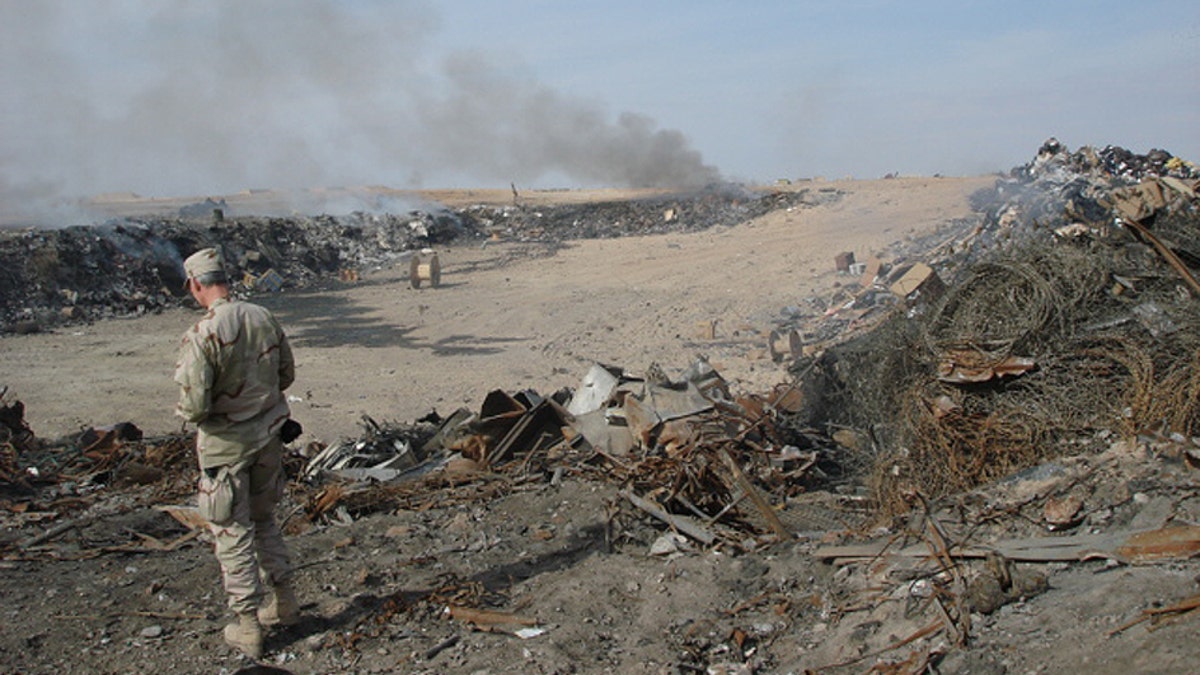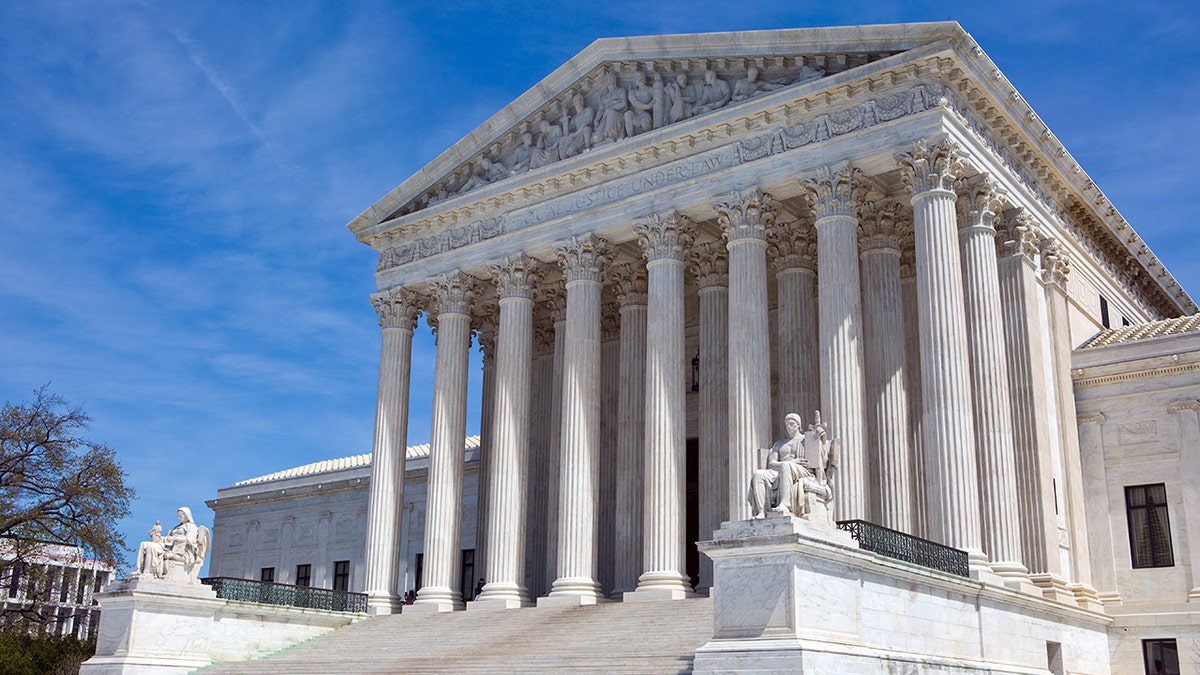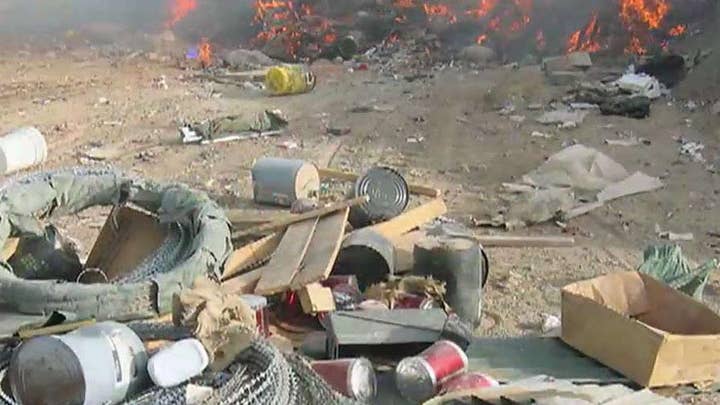
The Supreme Court upheld a recent ruling in the court of appeals that dozens of lawsuits against military contractor Kellogg, Brown, and Root regarding the use of burn pits could not go forward. (Courtesy of Dan Brewer)
The Supreme Court has rejected appeals from scores of military veterans and private contractors who claim their health problems are linked to their exposure to open burn pits in Iraq and Afghanistan.
The justices on Monday left in place a federal appeals court ruling that more than 60 lawsuits over the burn pits could not go forward.
The lawsuits charged that military contractor Kellogg, Brown, and Root (KBR) dumped tires, batteries, medical waste, and other materials into open burn pits. The suits claimed the resulting smoke caused neurological problems, cancers, and other health issues in more than 800 service members. The complaints said at least 12 service members died.
The original appeals court decision in December 2018 stated that KBR, which was formerly owned by Halliburton Corp., was under military control and had little discretion in deciding how to manage the waste on numerous military bases. KBR's attorney said the decision to use burn pits "was made by the military."
In a brief filed at that time, officials for KBR and Halliburton urged the court not to restore the lawsuits, claiming that they were already dismissed properly because the courts have no jurisdiction over military strategy.
“The separation-of-powers principles underlying the political question doctrine preclude courts from second-guessing professional military judgments that are within the exclusive province of the political branches,” reads a line from the filing obtained by Fox News at the time.
Last June a three-judge panel of the Fourth Circuit Court of Appeals agreed with a federal judge in Maryland, who threw out the lawsuits brought against KBR in 2017. The panel found that the military had unrestricted control over KBR, rendering company decisions on waste management and water services "de facto military decisions" not appropriate for judicial review.
Jerry Vincent, a former environment program manager who worked with the Army Corps of Engineers and with the U.S. Army’s Logistics Civil Augmentation Program (LOGCAP) during the Iraq and Afghanistan wars tells Fox News that contracts from that time stated that if KBR was authorized to be directed by the military, then the operation of burn pits was a military decision.
“KBR would have been required to follow the environmental documents and it would have been LOGCAP and DCMA’s responsibility to ensure that KBR followed those documents,” he said to Fox News.

The Supreme Court (iStock)
Vincent added that it’s a violation of contract law for a contractor like KBR to take direction from non-warranted individuals.
“DCMA (Defense Contract Management Agency) and LOGCAP had military personnel working for them but those individuals were required to only give direction based on what was written in the contract and not as military personnel,” Vincent says. “If KBR were following direction from the military then they violated their contract.”
In a statement released by KBR, officials for the organization says that a "legacy legal issue" was resolved by the ruling and that the "limited number of burn pits that they operated was at the direction and under control of the U.S. military.
"KBR believes the Supreme Court made the correct decision and we are pleased that this legacy case has reached final resolution,” reads a written statement provided to Fox News by a KBR spokesperson. "The Fourth Circuit unanimously affirmed the dismissal of this case based on extensive evidence and long-established legal principals, confirming that the U.S. military made all the key decisions regarding waste management in the war zone.”
The court decisions have been a series of crushing blows to those who filed the original class-action lawsuits, who maintain they were made ill by the use of open-air burn pits.
“There’s enough blame to go around for everyone,” Rosie Lopez, founder of advocacy group Burn Pits 360, told Fox News. “We want responsibility for what happened. Ultimately, we do not want this to happen again in any other war.”









































